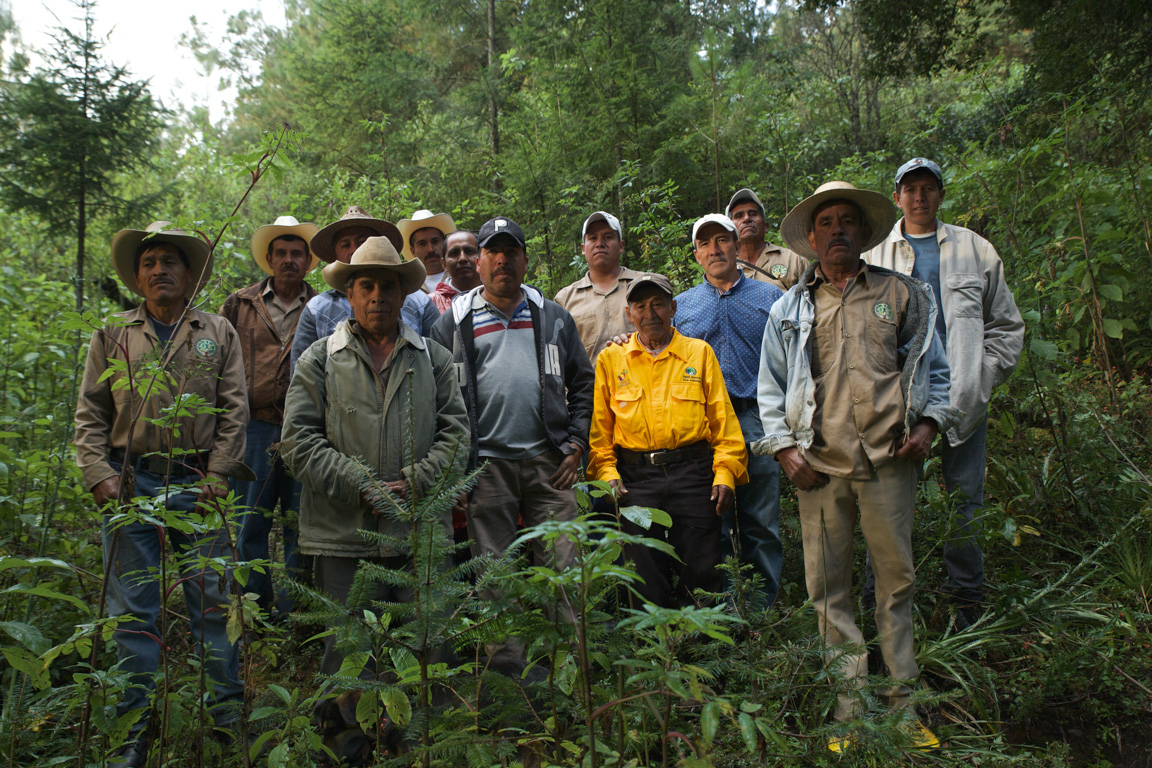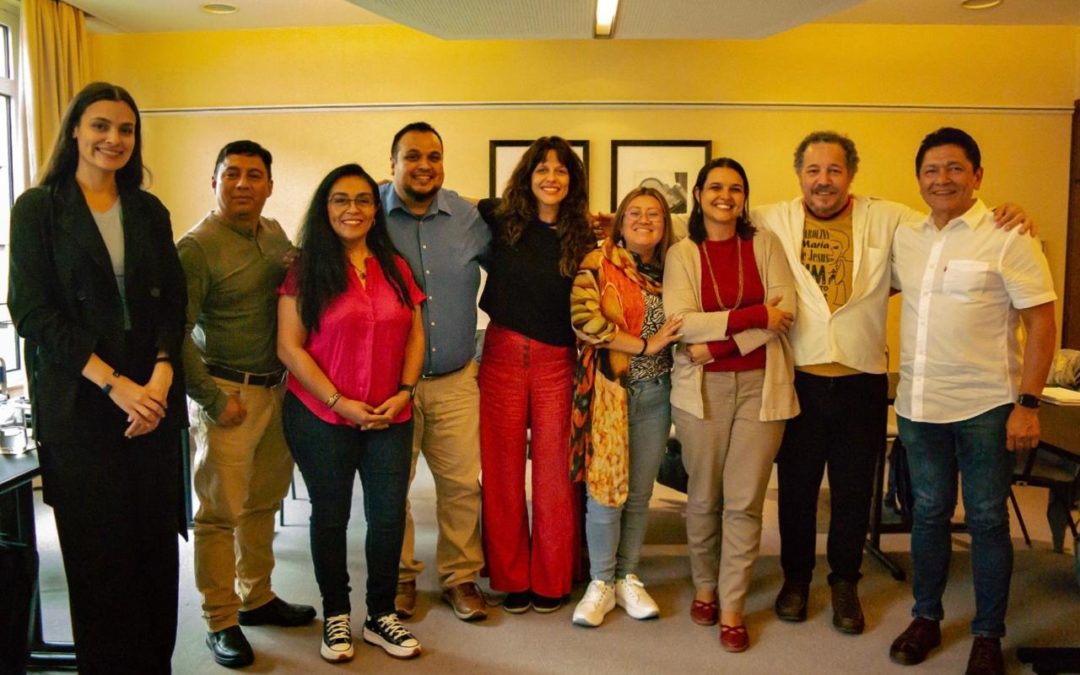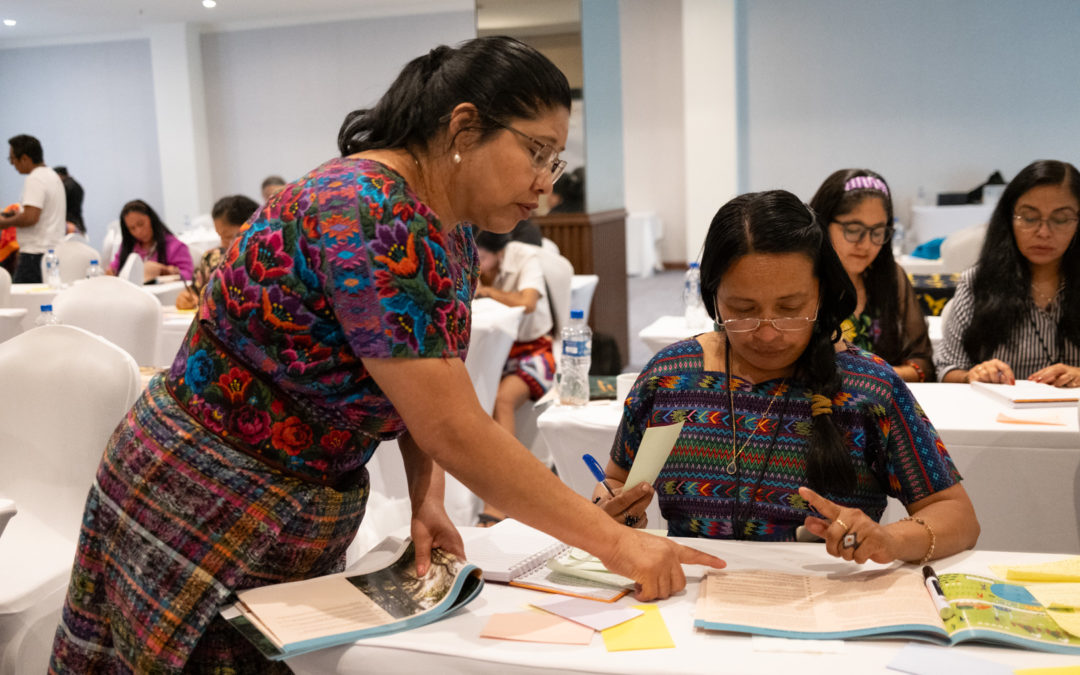Costa Rica will host a gathering of international cooperation focused on direct investment to protect the rights of indigenous peoples, local communities, and biodiversity conservation on February 13 and 14, 2024, in San José, Costa Rica.
The Mesoamerican Territorial Fund (FTM) and the Mesoamerican Alliance of Peoples and Forests (AMPB) are organizing the event “Dialogue on the Impact of Direct Territorial Financing to Indigenous Peoples and Local Communities in Mesoamerica.” Over 60 participants, including leaders from indigenous peoples’ and local communities’ organizations (PICL) from Mesoamerica, as well as representatives of international cooperation, donors, and philanthropists, will come together to explore ways to channel direct resources to communities for forest protection against climate change.
As Indigenous peoples and local communities in Mesoamerica we play a crucial role as guardians of carbon-rich ecosystems and biodiversity.
However, they receive inadequate funding to preserve their territories, while facing violence and criminalization. Despite having less visibility than other forested areas worldwide, the region hosts five major forests covering at least 30% of its countries’ total territory, according to a 2023 study by the Rights and Resources Initiative (RRI).
For María Pía Hernández, Manager of the Mesoamerican Territorial Fund, the event is key because, despite indigenous peoples’ and local communities’ organizations efficiently working to protect forests, “the resources committed for this purpose do not reach these organizations directly in the fair and required proportion to cause positive impacts on communities, biodiversity, and forest conservation.” “Despite indigenous peoples’ and local communities’ organizations efficiently working to protect forests, the resources committed for this purpose do not reach these organizations directly, which is why the Mesoamerican Territorial Fund was created.”
In 2022, the Forest Tenure Financing Group (FTFG) presented an initial annual report showing that only 7% of funds disbursed under the $1.7 billion Commitment to promote tenure rights and forest stewardship of indigenous peoples and local communities went directly to their organizations. While approximately 50% was distributed indirectly through non-governmental and international organizations.
Levi Sucre, Director of the Mesoamerican Alliance of Peoples and Forests, highlighted the discrepancy between promises and reality, “There is much talk about territorial investments and climate funds worldwide, but the reality is that these resources do not arrive. This is not only demonstrated by studies, but also by our experience in our territories, where we see that these promises only remain in the news and international agreements, and nothing reaches our communities.”
“This event is a unique opportunity for the world and cooperation to directly support indigenous peoples and local communities in asserting our rights, livelihoods, and the protection of our lands and forests. This can directly contribute to mitigating the criminalization we face and the impact of climate change,” added Levi Sucre.
Protecting forests through investment in PICLs is considered one of the most effective ways to mitigate climate change and stop global biodiversity loss. However, much of the funding does not reach organizations led by PICLs. In response to the lack of direct financing, direct financing mechanisms for indigenous peoples and local communities, also known as direct territorial investment funds, have been progressively developed in various parts of the world. These funds, such as the Mesoamerican Territorial Fund, created by indigenous peoples and local communities, represent a crucial financial alternative to streamline direct territorial financing and promote the sustainable development of Mesoamerican organizations, ecosystems, and biodiversity. Other examples include Brazil’s Podáli Fund and Indonesia’s Nusantara Fund.
“This event is a unique opportunity for the world and cooperation to directly support indigenous peoples and local communities in asserting our rights, livelihoods, and the protection of our lands and forests. This can directly contribute to mitigating the criminalization we face and the impact of climate change,” added Levi Sucre.
During the event, which will take place at the Hilton Garden Inn Hotel, various sessions will be held with keynote presentations, panels, and strategic debates, some of which will be broadcast live on our YouTube channel and Facebook page in Spanish and for english speakers in Zoom.
On February 15, a visit to the Cabécar Nairi Awari indigenous territory will be conducted, one of the Cabécar indigenous peoples territories in Costa Rica, located in the Limón Province.



